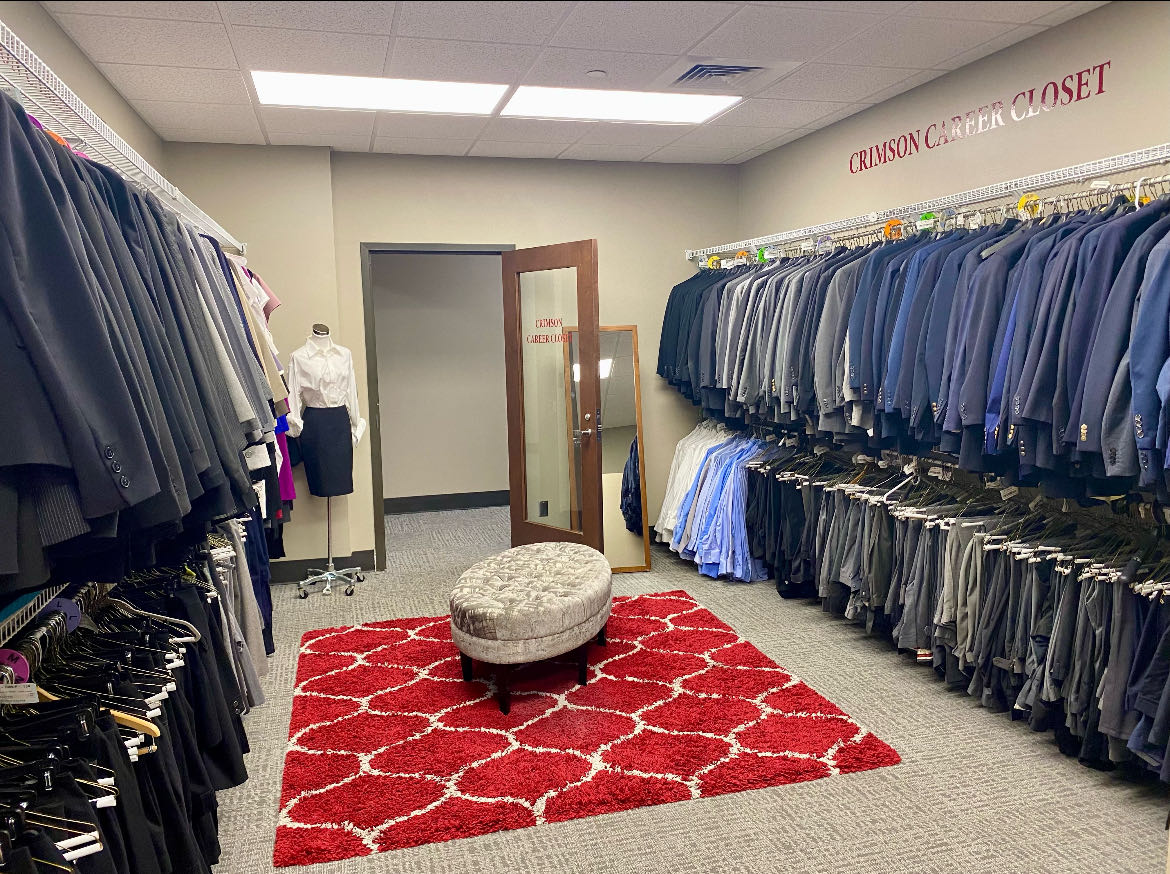It is only human nature that we try to make processes as easy as possible for ourselves. Whether that be ordering takeout instead of cooking or sending a thank-you text instead of a letter, we have an innate tendency to ease some of these unnecessary everyday stressors.
But would it be better for us to accept this lack of ease for the gain of self-improvement?
The AMC TV show Mad Men portrayed a 1960s workplace, with most of the on-screen interactions taking place in the office or professional settings. Seen on the show were men in suits and ties, women in dresses, and well-spoken conversations pertaining to matters at hand.
Granted, the 1960s may not have been the pinnacle of political correctness, but they may have been correct about one thing in particular: their level of professionalism.
Though many things have changed since the 1960s, much for the better, that doesn’t mean that everything should. Professionalism has seemingly become fleeting with our generation. From how we work and what we wear to how we communicate with one another, what it truly means to be a professional has become all too casual.
In 2020, the COVID-19 pandemic restrictions forced everything to become virtual, including business meetings. Instead of waiting all day to get home, employees were already there. This change in environment caused an increasing level of comfort while working. A study from Stanford University shows that fully-remote work is associated with 10% lower productivity rates than fully-in-person work.
Though wearing sweats to work may seem like a total score, it can hurt your overall presentation. Ricci Law Firm, P.A.’s TikTok account shows off their employees’ outfits for virtual meetings. With the promotion of pajamas and slippers being worn for work, how can one expect to be taken seriously?
The UA Career Center offers advice on how to present yourself in interviews. Tanya Jenkins, an employee of the Career Center, focuses on student engagement and advocacy. When asked for her biggest tips for students about going into the professional world, here’s what she has to say.
“When you’re going into an interview, always dress a step above the employers. For instance, if you’re going to a job interview where you know the usual workplace attire is khakis and a polo, wear a suit. One of my biggest words of advice: You can never go wrong by being overdressed.”
She urged students to not let financial barriers stop them from presenting themselves professionally.
“We have so many amazing resources here at the Career Center; we work with students on how to answer interview questions, we have the Crimson Career Closet, and I even like to give students a list of different thrift stores to go to. Remember, even if it feels relaxed and casual, don’t be too casual.”
Another factor in creating this new set of professional standards is how we communicate. Gen Z is known for short attention spans and even shorter phrasings. Slang terms have overtaken our online interactions. Studies show that students have become increasingly comfortable with this type of language and have begun to incorporate it in their submitted work.
Though these phrases may seem like “common knowledge” to some, they might not be to others.
Christopher G. Myers, associate professor at the Johns Hopkins Carey Business School, sees the constantly evolving workplace practices but notes that some may take longer to adapt to them.
Brands have started to market toward younger generations by using these terms in their advertisements, some to an extreme. In 2023, the Oxford University Press named “rizz” their Word of the Year, which only reinforces this behavior. There are now “slang dictionaries” being produced for those who cannot comprehend these terms; all of this only adds to these shifting values and divergences from what once was deemed acceptable.
Society has progressed leaps and bounds as far as workplace standards, but is lacking in a key area: professionalism. But the more slack we give ourselves in the professional realm, the more we undermine our own capability. One doesn’t have to completely change their personality or the way they dress or speak, but rather compartmentalize it. There’s an appropriate time for banter, and the workplace is not it.
Harvard professor Michelle Ehrenreich said it best: “It’s not about changing who you are, it’s about adapting to where you are.” Save your informality for after your 9-5.









